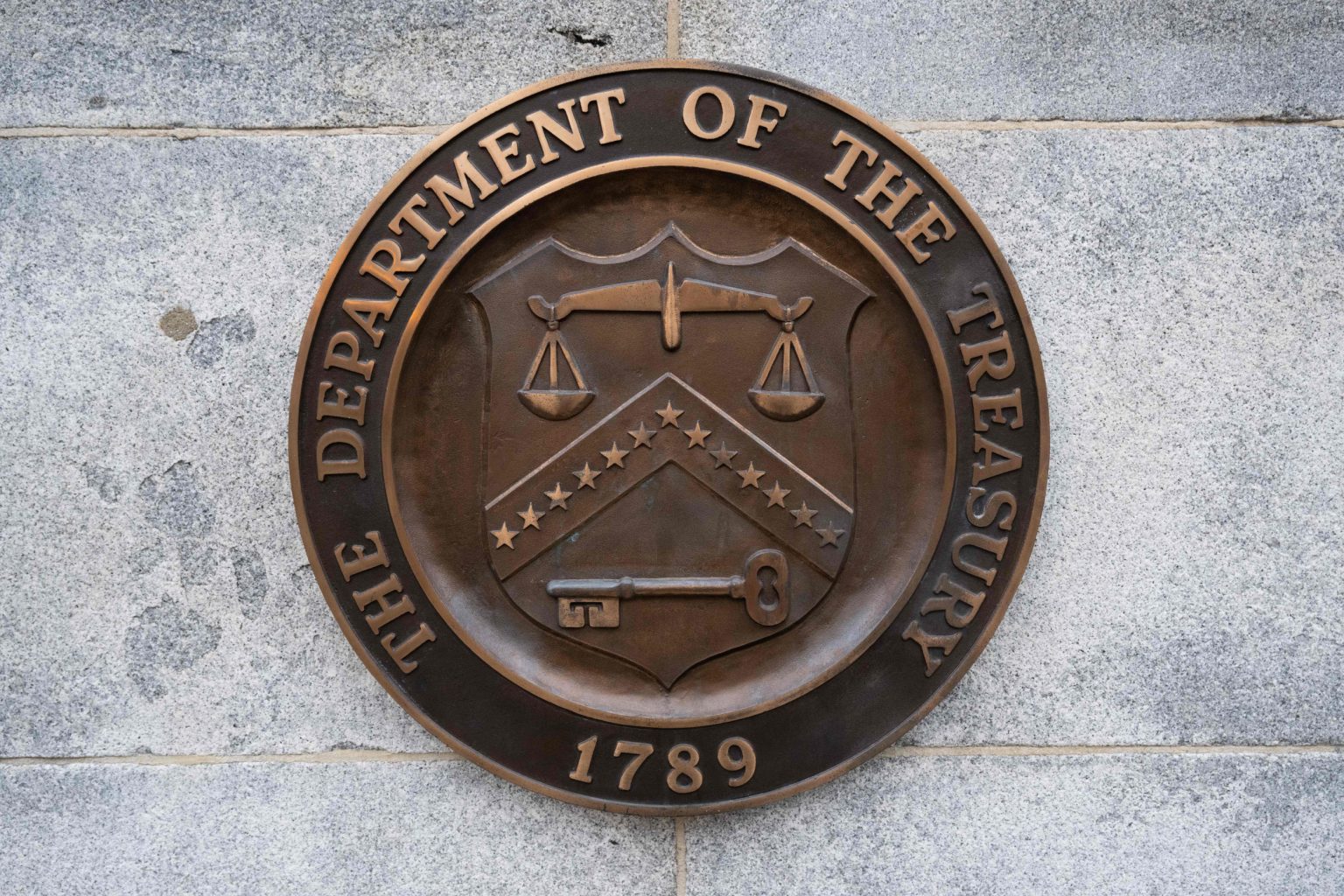The US Treasury Department has levied sanctions against organizations in Russia and Iran, accusing them of orchestrating sophisticated disinformation campaigns aimed at disrupting the 2024 US presidential elections. These sanctions underscore the escalating concerns of US officials regarding foreign interference in the democratic process, with Russia and Iran identified as key actors seeking to undermine public trust and manipulate electoral outcomes. The timing of these sanctions highlights the perceived urgency of addressing these threats as the nation prepares for another closely contested election cycle.
The specific actions taken by Russia and Iran reflect their differing geopolitical agendas. While Russia allegedly aimed to bolster support for then-President Donald Trump, whose policies were seen as aligning with Moscow’s interests, Iran’s alleged interference focused on hindering his reelection bid. This divergence stems from the historically strained relationship between Iran and the US, marked by events such as the US withdrawal from the Iran nuclear deal and the targeted killing of Iranian General Qassem Soleimani. These incidents fueled animosity and likely motivated Iran’s alleged efforts to disrupt Trump’s political trajectory.
The sanctions target two entities: the Moscow-based Center for Geopolitical Expertise and Iran’s Cognitive Design Production Center. Both organizations are accused of leveraging artificial intelligence to fabricate deceptive videos and news articles, disseminating them through seemingly legitimate online platforms. This tactic of using AI-generated content, especially deepfake videos, represents a significant escalation in disinformation tactics, raising concerns about the potential for widespread manipulation and erosion of public trust in authentic information sources. The US intelligence community has highlighted the use of these tactics to exacerbate societal divisions and sway voter sentiment.
The Center for Geopolitical Expertise, identified as a hub for disinformation operations, allegedly collaborated with Russian military intelligence to execute cyberattacks and generate counterfeit content. This alleged partnership points to the sophisticated and coordinated nature of the Russian disinformation campaign, linking a seemingly independent think tank with state-sponsored cyber warfare capabilities. The dissemination of deepfake videos disparaging US candidates through credible websites and even US-based platforms hired to promote pro-Russian narratives showcases the extensive reach and insidious nature of these operations.
Meanwhile, Iran’s Cognitive Design Production Center, reportedly linked to the Islamic Revolutionary Guard Corps (IRGC), a US-designated terrorist organization, is accused of actively stoking political tensions within the US since 2023. Authorities allege its involvement in inciting protests related to Israel’s military operations in Gaza, further escalating tensions in a highly sensitive political landscape. Furthermore, the Center is implicated in cyber intrusions targeting senior officials within the Trump campaign, raising concerns about potential data breaches and the compromise of sensitive information.
The US Treasury’s actions highlight the gravity of these allegations. Bradley T. Smith, the Acting Undersecretary for Terrorism and Financial Intelligence, emphasized the threat posed by both Iran and Russia to US electoral processes and societal cohesion. The sanctions represent a concrete response to these perceived threats, signaling the US government’s commitment to safeguarding electoral integrity and holding foreign actors accountable for their interference. While both Russia and Iran have denied the accusations, dismissing them as baseless, the US government’s actions suggest a high degree of confidence in the intelligence supporting these allegations.
The imposed sanctions carry significant implications for the targeted entities. Their assets within US jurisdiction are frozen, and a wide range of interactions with them are prohibited. This effectively cuts off their access to the US financial system and restricts their ability to engage in international transactions involving US entities. Any property or interests owned by the sanctioned groups or individuals under US jurisdiction, or controlled by US persons, are immediately blocked and must be reported to the Office of Foreign Assets Control (OFAC). These measures aim to cripple the financial infrastructure supporting these disinformation campaigns and deter future interference. The sanctions represent a significant escalation in the ongoing struggle against foreign interference in US elections and underscore the growing challenge of combating sophisticated disinformation tactics in the digital age. The use of AI-powered deepfakes adds a new layer of complexity to this challenge, necessitating a coordinated and multifaceted response to protect the integrity of democratic processes.

